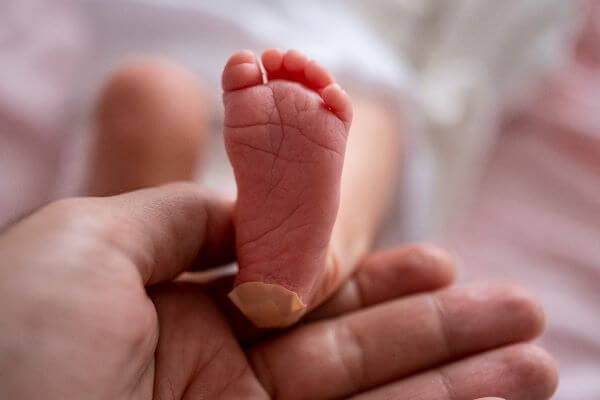
Texas has added screenings for four rare genetic conditions to its panels for newborns, aiming to prevent long-term damage that occurs in the absence of early treatment.
The lysosomal diseases that have been added to the newborn screening panel, which affect about 16 to 22 births annually in Texas per the Texas Department of State Health Services, cause a buildup of toxic materials in the body’s cells and organs due to deficient or malfunctioning enzymes and prevent the body from breaking down fats, sugars, and other substances. When the diseases are detected early, treatment can help manage symptoms and lessen damage to organs and tissues.
“You can make a huge difference in these kids – they don’t die,” said Alice Kim Gong, MD, who serves as a consultant to the Texas Medical Association’s Council on Science and Public Health.
The lysosomal diseases newly added to the panel are:
Dr. Gong, a pediatrician and neonatal-perinatal specialist, is a member of DSHS’ Newborn Screening Advisory Committee, which helps the agency plan policy, rules, and services related to newborn screening. She says these lysosomal conditions don’t necessarily present as a sick newborn; a child is usually a few months old before any symptoms appear.
Although physicians can address the diseases, timeliness is key. Therapies such as enzyme replacement or stem cell transplants can make a life-changing difference in a child’s long-term trajectory – but only if the transplant is performed within 30 days of birth.
The state’s screening protocol addresses this timeline, using a heel stick blood sample collected from newborns 24 to 48 hours after birth, with a second sample collected when the baby is 7 to 14 days old.
The addition of the four lysosomal diseases brings the total number of conditions screened for in the state’s panel to 59, along with point-of-service tests for hearing loss and critical congenital heart disease. Dr. Gong says the expansion is “a big thing” for parents in need.
“Although [lysosomal disease] may not be very common – we may see one or two cases of each per year because we have approximately 400,000 [births] – it means a whole lot to those families with those one to two kids,” she said.
Fact sheets describing symptoms, therapies, and next steps for each of the diseases screened for in the newborn panel are available in English and Spanish from DSHS. The information provided is written in terms everyone can understand, Dr. Gong says, and the sheets can provide an immediate resource for parents of babies who are newly diagnosed.
“Newborn screening is not just about lab tests; it’s also about how you take care of these kids afterwards – the management of [disease.]”
Jessica Ridge
Reporter, Division of Communications and Marketing
(512) 370-1395